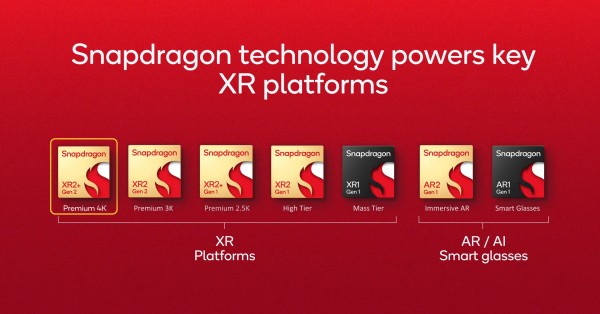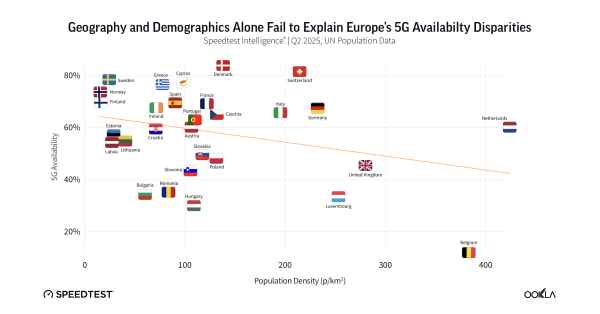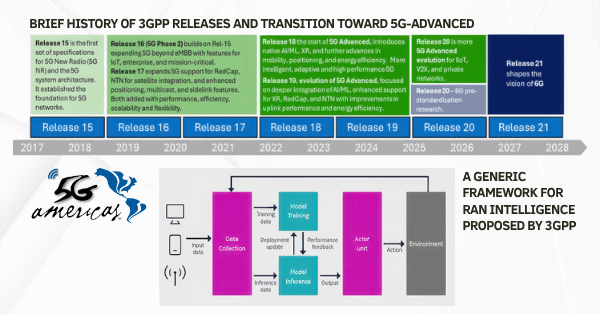Lycamobile, a prominent mobile virtual network operator (MVNO) based in London with operations in over a dozen countries, has been escalating its opposition against T-Mobile’s proposed acquisitions of Mint Mobile and Ultra Mobile., particularly over alleged anti-competitive practices. The company, which utilizes T-Mobile’s network in the U.S. and boasts over 16 million global subscribers, has voiced concerns over T-Mobile’s lack of compliance with their MVNO agreement. As the dispute between Lycamobile and T-Mobile intensifies, it underscores broader issues within the telecommunications industry, particularly the treatment and competitive conditions of independent mobile virtual network operators (MVNOs) in the face of industry consolidation.
Roots of the Lycamobile-T-Mobile Dispute
Lycamobile’s relationship with T-Mobile, established in 2012, was initially seen as a strategic entry for Lycamobile into the U.S. telecommunications market. However, over time, Lycamobile has raised concerns that T-Mobile has not lived up to the terms of their MVNO agreement. Specifically, Lycamobile has pointed to T-Mobile’s reluctance to provide access to newer technology advancements such as eSIM and 5G standalone architecture. Such technologies are crucial for Lycamobile to offer competitive services and maintain its subscriber base in a rapidly evolving telecom landscape.
Lycamobile Seeks Government Intervention in T-Mobile Deal
Lycamobile’s request for regulatory intervention takes on greater significance as it reflects a fear that T-Mobile’s acquisitions could create an uneven playing field, where T-Mobile might favor its newly acquired in-house operations over independent MVNOs. Lycamobile’s filings suggest that this could lead to a reduction in consumer choices and higher prices, ultimately harming the consumer market, especially the more price-sensitive segments that independent MVNOs typically serve.
T-Mobile Counters Lycamobile’s Claims
T-Mobile has strategically positioned its response to downplay the timing and relevance of Lycamobile’s complaints. By highlighting the procedural delay in Lycamobile’s filings, T-Mobile aims to frame the objections as opportunistic rather than substantive. This defense is part of a broader narrative where T-Mobile seeks to consolidate its market position while arguing that its acquisitions will not reduce competition but rather enhance service quality and innovation.
Ongoing Legal Tensions Between T-Mobile and Lycamobile
The ongoing legal battle, which is slated for trial in 2025, not only involves the specific contractual disputes but also brings to light larger competitive concerns in the telecom sector. Lycamobile’s allegations that T-Mobile’s actions are part of a broader strategy to limit competition could invoke deeper scrutiny from regulators, especially given the historical context of telecom mergers and their impact on market dynamics.
What Lies Ahead for T-Mobile’s Acquisition Plans and Dispute with Lycamobile
The outcome of this dispute and the FCC’s decision on T-Mobile’s proposed acquisitions could set significant precedents for how competition is managed in the U.S. telecom industry. It could influence future regulatory policies concerning the operations of MVNOs and their relationships with network providers. If the FCC sides with Lycamobile, it might lead to stricter conditions on major telecom mergers and acquisitions to ensure they do not stifle competition.
As regulatory reviews continue, the telecom industry and its observers are keenly watching how these developments will affect the competitive landscape. Lycamobile’s concerns highlight critical issues about fairness, technological access, and the survival of independent operators in a market dominated by a few large players. The resolution of this dispute will likely resonate beyond the involved parties, potentially reshaping operational and competitive strategies across the entire U.S. telecom sector.
































